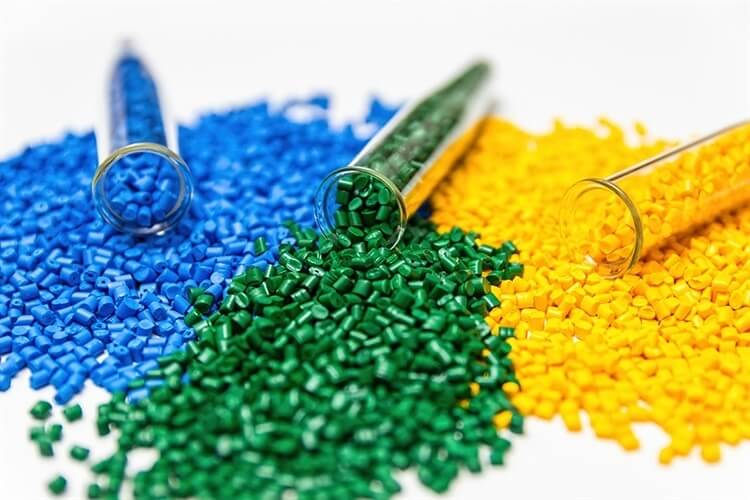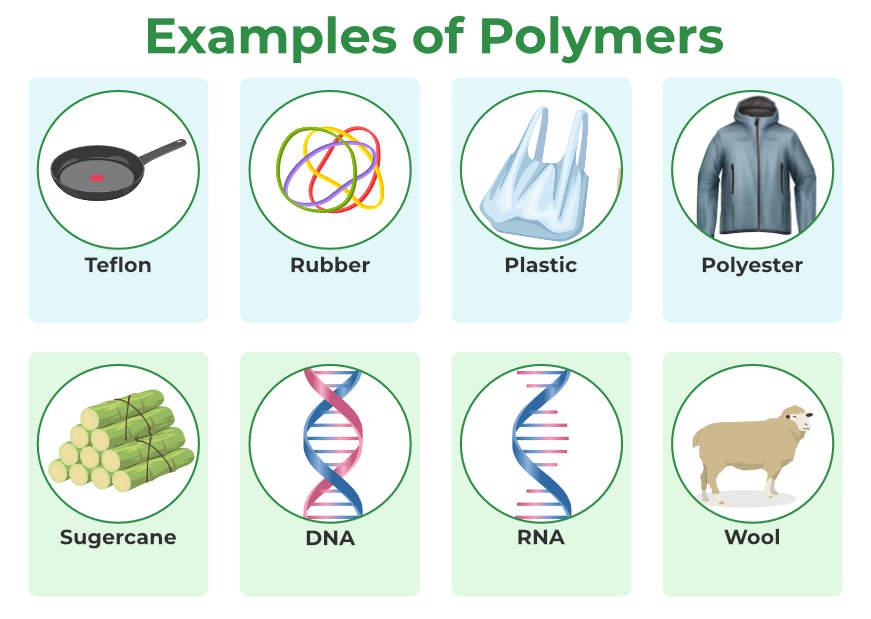Polymers in Healthcare: Improving Medical Devices and Treatments
Polymers in Healthcare: Improving Medical Devices and Treatments
Blog Article
Exploring the Varied Applications and Advantages of Polymers in Different Industries
Polymers, with their varied range of properties and capabilities, have actually become crucial in different industries, each gaining distinct benefits from their application. From improving safety and efficiency in the automobile field to reinventing clinical devices in the medical care industry, polymers play a crucial role.
Automotive Field Applications
Polymers play a pivotal role in improving the efficiency and durability of different elements within the vehicle field. One prominent use of polymers in the automobile market is in the production of light-weight parts.

Healthcare Industry Advantages
In various health care applications, the advantages of using polymers are commonly identified for their varied array of beneficial residential properties. Polymers play an essential function in the health care market because of their adaptability, biocompatibility, and cost-effectiveness. Among the main advantages of polymers in health care is their ability to be tailored to specific needs, such as adaptability, durability, and biodegradability, making them perfect for a vast array of medical applications.
Polymer-based products are thoroughly utilized in medical devices, such as catheters, implants, prosthetics, and medication distribution systems, because of their biocompatibility and ability to resemble all-natural tissues. These materials can reduce the threat of allergies or denials, improving patient security and results. Additionally, polymers are light-weight, making them appropriate for wearable medical gadgets and making sure client convenience.
In addition, polymers make it possible for the development of innovative therapy techniques, such as hydrogels for cells engineering and nanocomposites for targeted medication delivery. Their simplicity of handling and sterilization makes them crucial for keeping high standards of hygiene in medical care setups. On the whole, the varied advantages of polymers contribute significantly to advancements in medical modern technology and client care.
Environmental Benefits of Polymers

In addition, polymers can add to power savings because of their light-weight nature. In sectors such as transport, light-weight polymer products can help lower gas intake and greenhouse gas emissions. Additionally, polymers can enable the growth of energy-efficient items such as insulation products that enhance power preservation in structures.
Moreover, polymers play a critical function in lowering water contamination. For instance, using polymer-based filtering systems can successfully get rid of contaminants and impurities from wastewater, protecting water resources and environments. Generally, the ecological have a peek here advantages of polymers make them valuable properties in promoting sustainability and green practices across numerous markets.
Polymers in Electronics and Technology
Considering the enhancing need for cutting-edge and sustainable solutions in modern-day markets, the integration of innovative polymer modern technologies in the realm of electronic devices and innovation has arised as an essential strategy for driving performance and performance. Polymers have actually reinvented the electronics market by enabling the manufacturing visit this site right here of lighter, more adaptable, and resilient digital devices. From smart devices to medical tools, polymers play a vital role in improving item style and capability.
One significant benefit of polymers in electronics is their protecting homes, which help safeguard fragile electronic elements from ecological factors and electric disturbance. Additionally, polymers are necessary in the development of versatile display screens, wearable technology, and published electronic devices, supplying endless opportunities for developing smart and interconnected gadgets.
Moreover, using polymers in electronic packaging has resulted in improvements in miniaturization and thermal monitoring, improving the overall performance and dependability of digital systems. As modern technology continues to develop, the adaptability and flexibility of polymers will certainly drive even more advancement in the electronic devices sector, Extra resources forming the future of modern technology.
Duty of Polymers in Construction and Infrastructure
The integration of advanced polymer materials in construction and infrastructure projects has transformed the way structures are designed and constructed in modern times. Polymers offer numerous benefits in the building and construction sector as a result of their convenience, longevity, and cost-effectiveness. One vital duty of polymers in building is their use in finishings and sealants, providing defense versus environmental variables such as wetness, UV radiation, and rust. Additionally, polymers are utilized in the production of light-weight and high-strength composite materials, boosting the architectural stability of buildings while lowering total weight.
In addition, polymers play an important role in sustainable building and construction practices by enabling the advancement of energy-efficient structures. Protecting products made from polymers aid regulate indoor temperatures, minimizing the demand for home heating and cooling systems and ultimately lowering energy usage - Polymers.
Final Thought
Finally, polymers play an essential function in different markets such as automobile, healthcare, environmental, electronics, and building. Their flexible properties make them valuable in creating cutting-edge solutions and items. From boosting gas performance in lorries to boosting clinical gadgets, polymers use many advantages. Furthermore, their effect on decreasing waste and promoting sustainability highlights their importance in modern-day applications. The prevalent use polymers demonstrates their significant contribution to progressing innovation and enhancing lifestyle.
Report this page